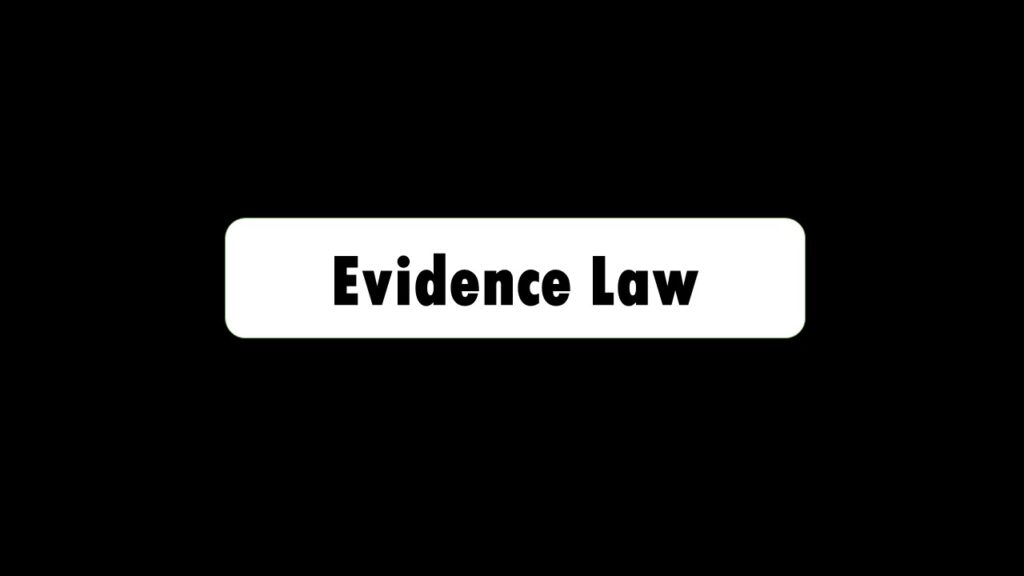Chhaganlal v. Narandas [(1982) 2 SCR 166]
Rule of estoppel under section 115 of the Indian Evidence Act
Estoppel deals with questions of facts and not of right. A
man is not estopped from asserting a right which he had said that he will not
assert. It is also a well-known principle that there can be no estoppel against
a statute. To bring he case within the scope of estoppel as defined in Section
115 : (1) there must be a representation by a person or his authorised agent to
another in any form, a declaration, act or omission, (2) the representation
must have been of the existence of a fact and not of promise de futuro or
intention which might or might not be enforceable in contract; (3) the
representation must have been meant to be relied upon; (4) there must have been
belief on the part of the other party in its truth; (5) there must have been
action on the faith of that declaration, act or omission, that is to say, the
declaration act or omission, must have actually caused another to act on the
faith of it, and to alter his former position to his prejudice or detriment;
(6) the misrepresentation or conduct or omission must have been the proximate
cause of leading the other party to act to his prejudice; (7) the person
claiming the benefit of an estoppel must show that he was not aware of the true
state of things. If he was aware of the real state of affairs or had means of
knowledge, there can be no estoppel; (8) only to the person to whom
representation was made or for whom it was designed can avail himself of it. A
person is entitled to plead estoppel in his own individual character and not as
a representative of his assignee.
